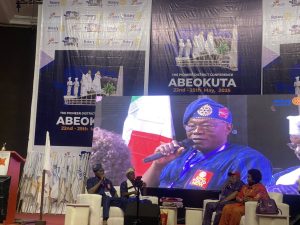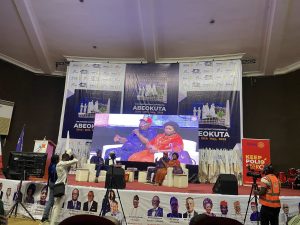The District 9112 Conference in Abeokuta brought Rotarians together under a unifying message: ending polio requires more than vaccines. It takes consistent advocacy, sustainable funding, dedicated supervision, and strong community partnerships to protect every child.
 PAG Nike Abdulazeez emphasized the power of advocacy in tackling vaccine hesitancy. She encouraged Rotary clubs to actively visit the Primary Health Centres (PHCs) they adopt, stressing that visibility and engagement foster trust.
PAG Nike Abdulazeez emphasized the power of advocacy in tackling vaccine hesitancy. She encouraged Rotary clubs to actively visit the Primary Health Centres (PHCs) they adopt, stressing that visibility and engagement foster trust.
“Advocacy is how we counter rejection and build lasting community trust.”
Her message underscored the importance of long-term relationships with local communities to strengthen acceptance and confidence in immunization.
 PDG Remi Bello passionately spoke about the urgent need for sustainable funding. Despite strong global support, he reminded participants that the fight against polio requires continuous financial backing to ensure no child is left behind.
PDG Remi Bello passionately spoke about the urgent need for sustainable funding. Despite strong global support, he reminded participants that the fight against polio requires continuous financial backing to ensure no child is left behind.
“Without steady funding, vaccines can’t reach arms, and awareness can’t take root.”
His words highlighted the critical role of Rotarians in bridging resource gaps through contributions and fundraising efforts.
 PAG Demola Olutusi drew attention to the importance of field supervision. He encouraged Rotarians to be visibly present during immunization exercises to inspire confidence and accountability. He also advocated for the use of ODK (Open Data Kit) tools to ensure real-time tracking and reliable data collection.
PAG Demola Olutusi drew attention to the importance of field supervision. He encouraged Rotarians to be visibly present during immunization exercises to inspire confidence and accountability. He also advocated for the use of ODK (Open Data Kit) tools to ensure real-time tracking and reliable data collection.
“Our presence in the field matters — it’s how we protect the integrity of the campaign.”
The session was moderated by the NNPPC Vice Chairman (Lagos), who reinforced a practical call to action: every Rotary club should adopt a local government, actively support the health team, and engage local leaders. This approach, combining advocacy, funding, and supervision, strengthens both the technical and human aspects of the polio campaign.
The panel left participants with a clear message: Rotary’s role in eradicating polio goes far beyond vaccines. By amplifying advocacy, sustaining funding, ensuring field presence, and partnering with communities, we can keep Nigeria polio-free and bring the world one step closer to zero polio cases worldwide.
